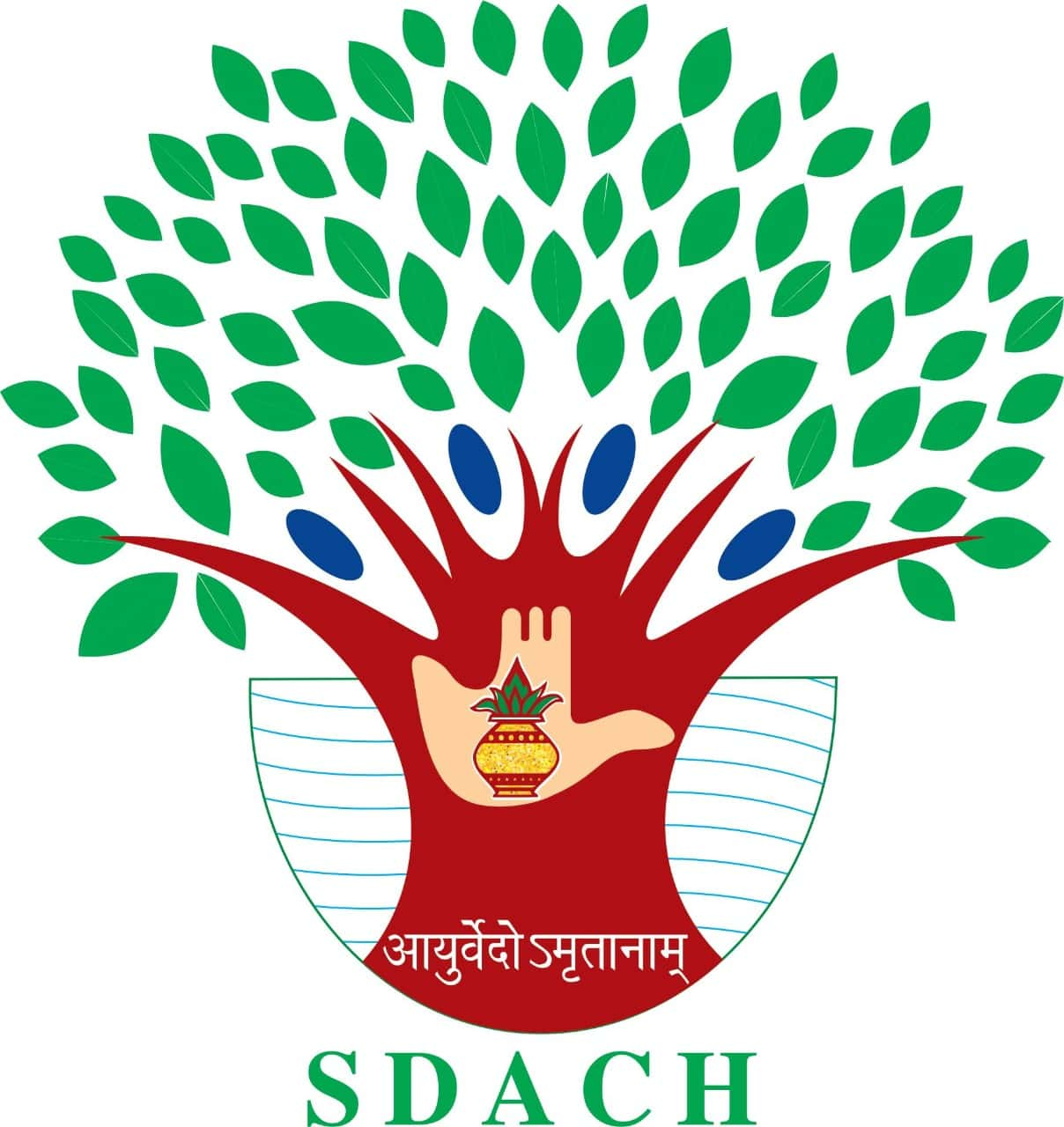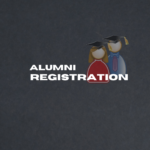AYURVEDA
As the world has been moving away from nature, it is facing various health hazards, including diseases like Renal Impairments, Diabetes, AIDS etc., in spite of tremendous advancement in modern medical science. Ayurveda, which is a medical science embracing nature as well as a philosophy of life as a way of Healthy living, is being recognized as the potential system of medicine all over the world. We find a logical approach towards health and disease in Classical texts of Ayurveda viz. Charak Samhita (Medical Text), Sushrut Samhita (Surgical Text) and Ashtang Sangrah (Compendium on eight branches of Ayurved).
The relevance of Ayurveda in present situation has undoubtedly increased where conventional medicine finds itself unable to fight many diseases. The medical research today is entangled in rapidly increasing struggle against micro-organisms that develop resistance to every new drug tried on them. The patients, not able to bear the brunt of the side-effects of conventional antibiotics are turning to gentler therapies of Ayurveda and other traditional systems. People have been benefited from herbal medicine the world over, often after the conventional treatment has failed.
Central and State Governments in our country have implemented various schemes to develop and promote Ayurveda through medical care, education and research. Government of India has agreed to the recommendations of various committees regarding development of Indian System of Medicine (ISM) and established Central Council for Research in Indian Medicine and Homeopathy (CCRIM&H) in 1969. The Council established major Institutes and projects for research in Ayurveda, Unani, Siddha and Homoeopathy.Central Council for Research in Ayurveda and Siddha (CCRAS), one of the four successor councils of CCRIM&H was established in 1978. This step further intensified research in Ayurveda.
The Institute welcomes the changes and amendment brought in the Indian Medicine Central Council Act 2003 whereby some of the functions of Central Council of Indian Medicine towards the opening of new colleges and new courses have been taken control of by the Govt. of India itself. This is a healthy sign and will improve the Science of Ayurveda for times to come.
Our college is one of the first Ayurvedic College; initiated the process according to the directions of the Central Govt. and U.T. to get accreditation from National Assessment & Accreditation Council (NAAC) by completing all the formalities.
SHRI DHANWANTRY AYURVEDIC COLLEGE
Education in Ayurveda has a rich tradition. It was taught in the Universities of TAKSHASHILA and NALANDA in ancient times the golden era of Ayurveda. However, it suffered a setback during medieval period and more so during British rule in India. Fortunately, Ayurveda has received a new impetus after Independence and is on its way to revival with proper recognition by the Government of India.
Shri Dhanwantry Ayurvedic College is proud of being located in Chandigarh, one of the most famous and modern cities of India, situated in the foot hills of Shivaliks, Gateway to Himachal Pradesh and having privilege of being the Capital of Punjab and Haryana.
The College is recognized by National Commission for Indian System of Medicine (NCIM), New Delhi and affiliated to the Shri Krishna Ayush University, Kurukshetra, for B.A.M.S. (Ayurvedacharya) & MD Courses.
The College has produced over 2500 well-trained Graduates so far who are serving the ailing humanity in urban as well as rural areas and are well placed in Govt. Services or in their private enterprises. The College has gained distinction as various important and well-known pharmaceutical companies of the country have shown keen interest in the activities and development of Ayurveda in the College.
SHRI DHANWANTRY EDUCATIONAL SOCIETY (Regd.)
Eleven persons in total, including six renown Ayurvedists (Madan Mohan Pathak, Lal Chand Mittal, Suresh Chand, Nirmal Bhatia, Karan Vir Singh, R.D. Gupta) and Five well educated social workers having faith in ancient system of medicine (B.D. Nanda, Santosh Kumar Aggarwal, Ram Murti Mahajan and J.P. Kapoor) formed a Society namely “Shri Dhanwantry Educational Society” on 02.08.1975, which in turn established an Ayurvedic College and named it after Lord Dhanwantry. At that time the College was affiliated to “All India Ayurved Vidyapeeth”. As per provisions of I.M.C.C. Act, 1970, the College started B.A.M.S. course in 1979 and thereafter was affiliated to the Panjab State Faculty of Ayurvedic and Unani System of Medicines, Chandigarh. In 1991 the College was affiliated to the Panjab University. The Society got built a spacious building for College, Hospital, Pharmacy and Hostel, on a three acre-plot in Sector 46-B, Chandigarh.
The present strength of Members is 38. It is a pleasure to say that some of the Members of the Society are renowned personalities such as Haryana Cabinet Ministers, IAS Officers, Advocates, Doctors, Engineer and reputed business personalities.
Our Vision and Mission
1. To actively pioneer the students with highest quality of traditional values of Ayurveda.
2. To establish a Centre of Excellence that provides Ayurvedic medical care to suffering humanity.
3. Work for the upliftment of Ayurveda science.





